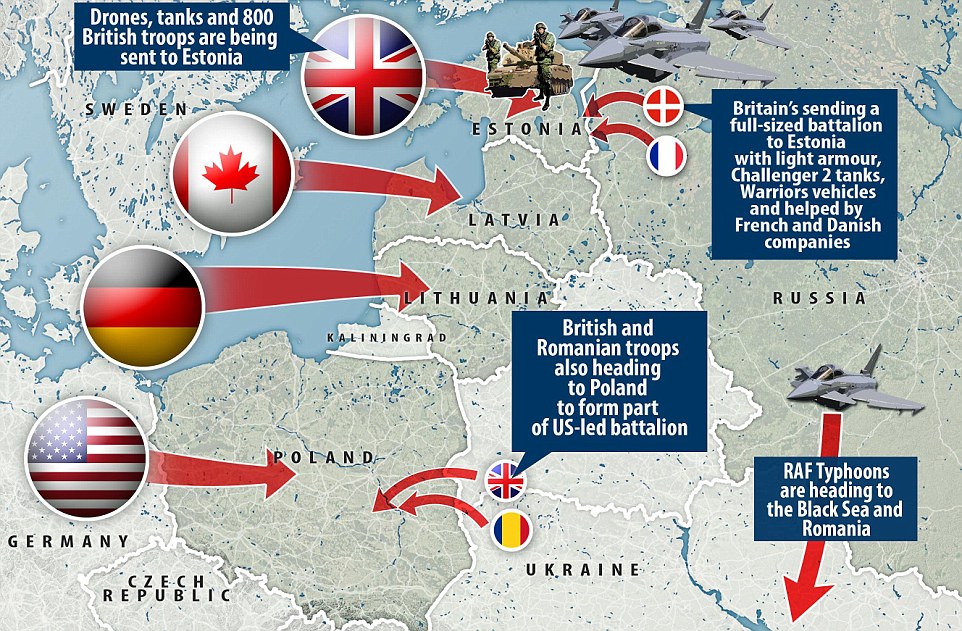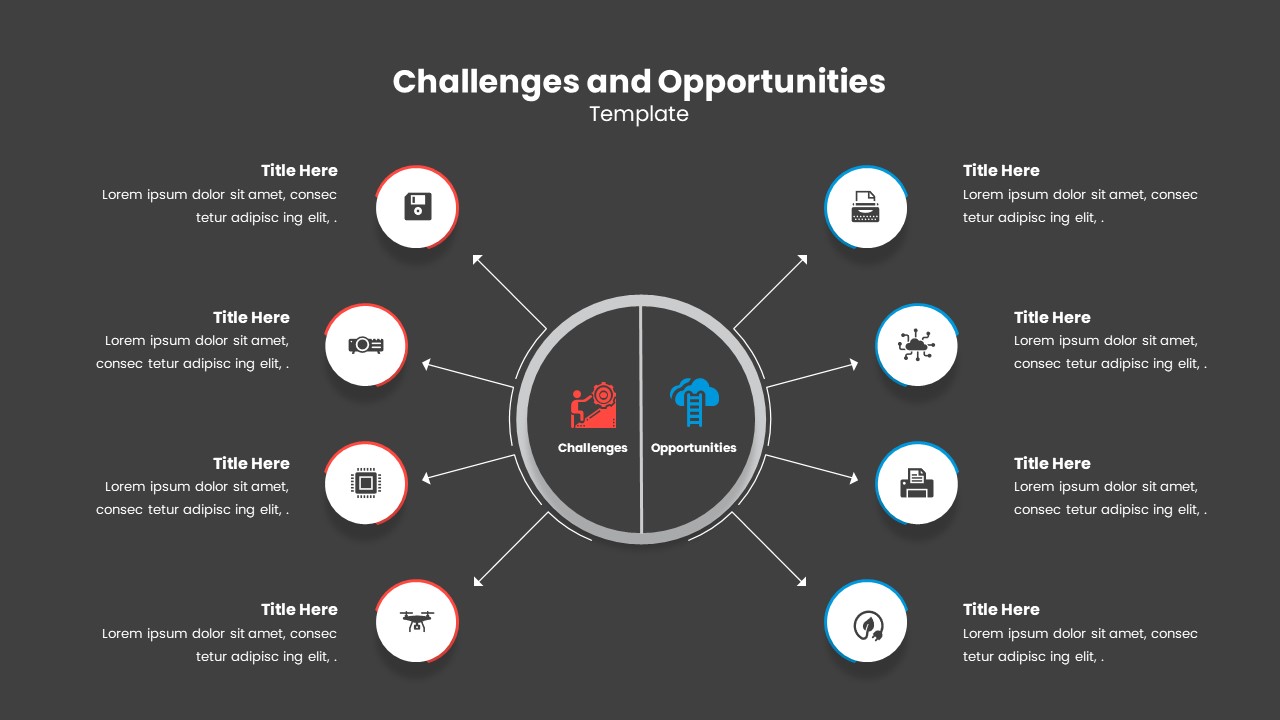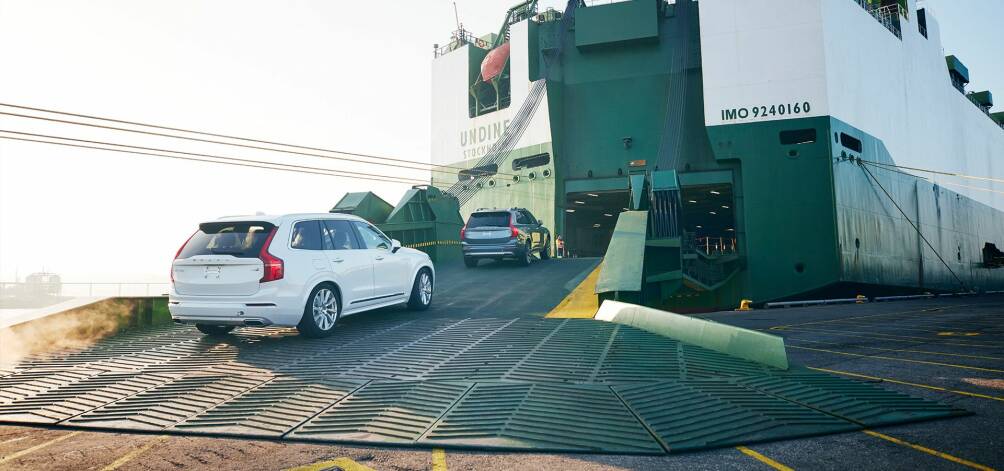BMW And Porsche In China: Market Headwinds And Strategic Responses

Table of Contents
Rising Competition from Domestic Brands
The emergence of powerful Chinese car brands is a major disruptor. Companies like BYD, NIO, and Xpeng are aggressively challenging established players with compelling electric vehicles (EVs) and advanced technology at attractive price points. This intense domestic competition significantly impacts the market share of luxury brands like BMW and Porsche.
- Increased competition in the luxury EV segment: Chinese brands are rapidly innovating in the luxury electric vehicle space, directly competing with BMW's i series and Porsche's Taycan.
- Aggressive pricing strategies from Chinese brands: Domestic brands often leverage lower manufacturing costs and government subsidies to offer competitive pricing, impacting the pricing strategies of BMW and Porsche.
- Enhanced technological advancements in Chinese-made vehicles: Chinese manufacturers are rapidly advancing in areas like autonomous driving technology, connectivity, and battery technology, narrowing the technology gap with established players.
- Growing consumer preference for domestic brands: A rising sense of national pride and a growing preference for supporting local brands is driving sales for Chinese automakers, impacting the appeal of imported luxury cars.
Economic Slowdown and Shifting Consumer Preferences
China's recent economic slowdown has dampened consumer spending, particularly in the luxury goods sector. This reduced consumer confidence directly affects sales of luxury vehicles from BMW and Porsche. Simultaneously, consumer preferences are shifting towards technological innovation and sustainable practices.
- Reduced consumer confidence and discretionary spending: Economic uncertainty leads consumers to postpone large purchases like luxury vehicles, impacting sales volume for BMW and Porsche.
- Increased demand for electric and hybrid vehicles: China’s push for environmental sustainability is increasing the demand for EVs and hybrids, forcing BMW and Porsche to accelerate their electrification strategies.
- Growing focus on sustainable and environmentally friendly options: Consumers are increasingly conscious of environmental impact, favoring brands that prioritize sustainability in their manufacturing and vehicle offerings.
- Shift in consumer preferences towards technology-driven features: Chinese consumers are tech-savvy and demand advanced features like advanced driver-assistance systems (ADAS), connected car technology, and sophisticated infotainment systems.
Strategic Responses: Adapting to the Changing Market
To counter these headwinds, BMW and Porsche are implementing comprehensive strategic responses aimed at maintaining their competitive advantage in the Chinese market. These strategies focus on localization, innovation, and meeting the evolving needs of Chinese consumers.
- Increased investment in local production and research & development: Both brands are investing heavily in manufacturing facilities and R&D centers within China to reduce costs, shorten delivery times, and better understand local preferences.
- Expansion of electric vehicle (EV) offerings tailored to the Chinese market: BMW and Porsche are significantly expanding their EV portfolios with models specifically designed and engineered for the Chinese market, including features tailored to local preferences.
- Localized marketing campaigns to resonate with Chinese consumers: Both brands are investing in culturally relevant marketing campaigns that resonate with the preferences and values of Chinese consumers.
- Partnerships with local companies to enhance supply chains and distribution networks: Strategic partnerships help BMW and Porsche navigate the intricacies of the Chinese market, improving efficiency and reach.
- Focus on innovative technologies and digital services: Both automakers are investing heavily in developing and integrating innovative technologies and digital services to enhance the customer experience and remain competitive.
BMW's China Strategy
BMW has aggressively expanded its EV portfolio in China, including localized production of models like the iX3. They've also invested heavily in digitalization and are collaborating with local technology companies to enhance their connected car services. Furthermore, BMW has focused on strengthening its dealer network and localized marketing efforts.
Porsche's China Strategy
Porsche’s strategy centers on expanding its EV offerings, specifically the Taycan, which is proving popular among Chinese luxury consumers. They’ve also focused on building a strong brand image through targeted marketing campaigns that highlight Porsche’s heritage and performance while appealing to local tastes. They are also actively involved in fostering partnerships with local businesses to strengthen their supply chains and enhance their reach in the Chinese market.
Conclusion
The Chinese automotive market presents a complex landscape for luxury brands like BMW and Porsche. The rise of domestic brands, economic fluctuations, and evolving consumer preferences require continuous adaptation and strategic innovation. By focusing on localization, aggressive EV development, and targeted marketing efforts, these German automakers are striving to overcome challenges and maintain their positions as leading luxury brands. The long-term success of their strategies in this critical market will significantly impact their global growth prospects.
Call to Action: Stay informed about the evolving dynamics of BMW and Porsche in China and the broader Chinese automotive market. Further research into the specific strategies employed by these companies will offer valuable insights into navigating this dynamic and crucial market for luxury car brands.

Featured Posts
-
 Trump Administrations Pressure On Europe The Fight Against Ai Regulation
Apr 26, 2025
Trump Administrations Pressure On Europe The Fight Against Ai Regulation
Apr 26, 2025 -
 The Future Of Ukraine And Nato Trumps Prediction
Apr 26, 2025
The Future Of Ukraine And Nato Trumps Prediction
Apr 26, 2025 -
 Where To Invest A Map Of Emerging Business Opportunities
Apr 26, 2025
Where To Invest A Map Of Emerging Business Opportunities
Apr 26, 2025 -
 2700 Miles Away A Rural Schools Experience Of Trumps First 100 Days
Apr 26, 2025
2700 Miles Away A Rural Schools Experience Of Trumps First 100 Days
Apr 26, 2025 -
 Auto Carrier Faces 70 Million Loss From Us Port Fees
Apr 26, 2025
Auto Carrier Faces 70 Million Loss From Us Port Fees
Apr 26, 2025
